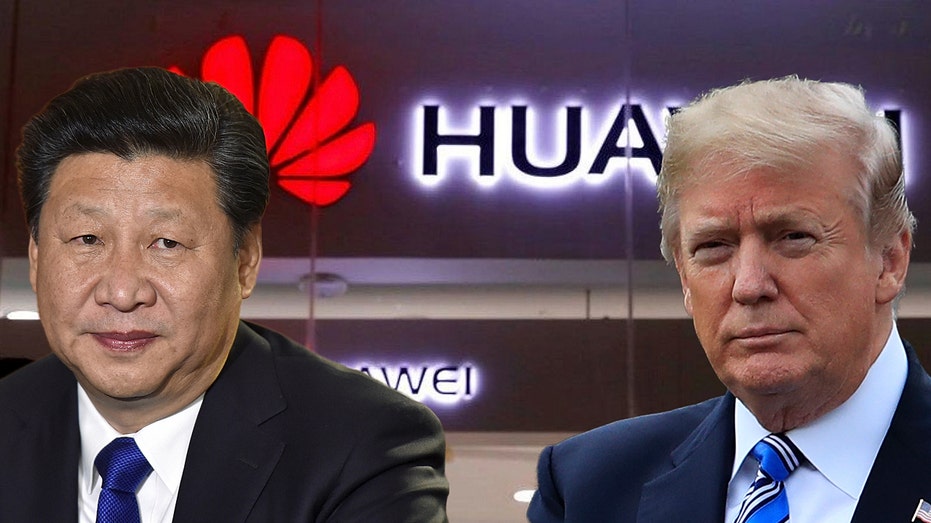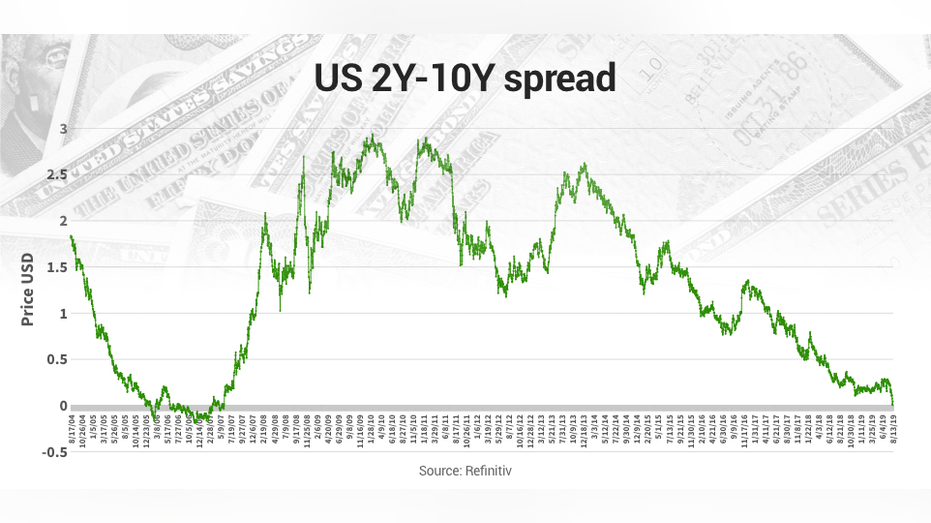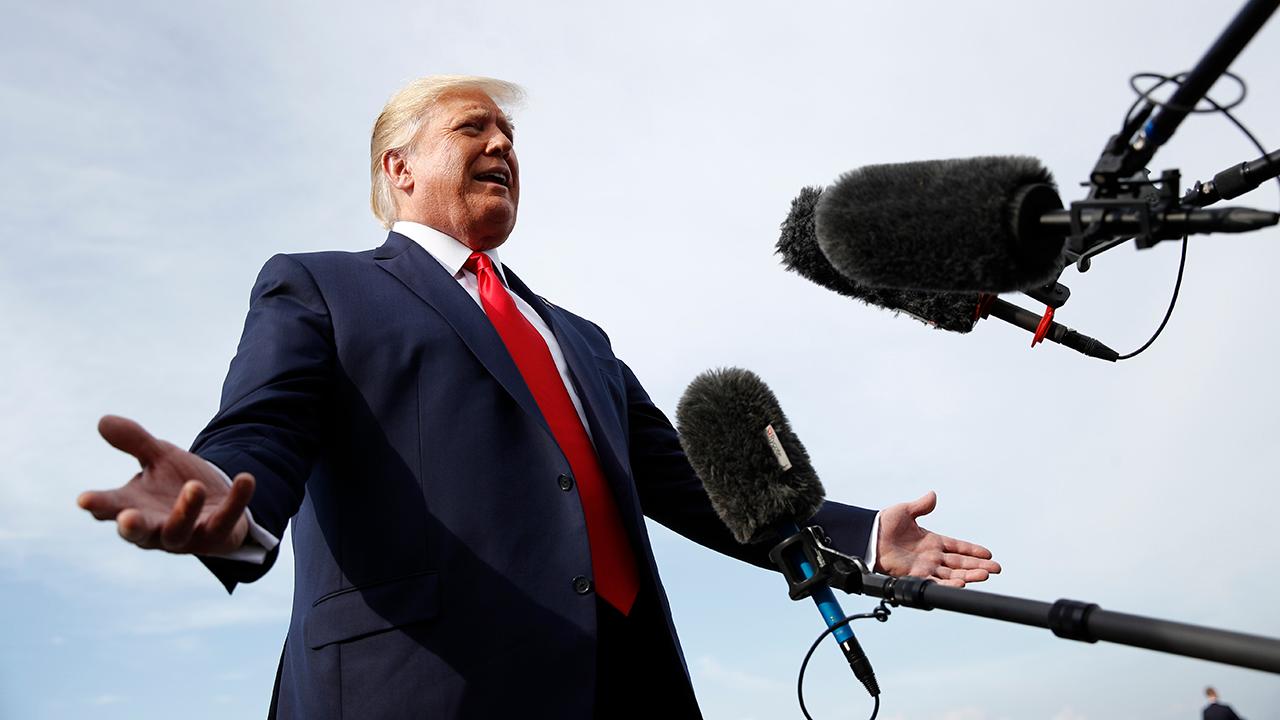U.S.-China trade war: Huawei deadline flying under the radar
Stock investors may want to buckle up as another key deadline approaches in the U.S.-China trade war, which could have a major impact on large-cap tech.
On Monday, the 90-day U.S. exemption for technology firms to send software updates to Huawei phones expires, and Goldman Sachs says it probably won’t be renewed.
“A further extension appears unlikely given the U.S. government announced this week that federal agencies are prohibited from doing business with Huawei,” a Goldman team led by equity strategist David Kostin wrote in a note to clients last Monday.
The team thinks retaliation by China is possible as “Huawei sales outside of China will face risk immediately after August 19th because most customers will not purchase a smartphone from a manufacturer prohibited from updating the operating system.”
The Commerce Department declined to comment. Huawei and Google did not respond to a request for comment at the time of publication.

A further escalation in the trade war would likely inject more volatility into the stock market, especially into tech companies such as Google and the chipmakers Intel, Micron and Qualcomm.
| Ticker | Security | Last | Change | Change % |
|---|---|---|---|---|
| GOOGL | ALPHABET INC. | 324.32 | +1.46 | +0.45% |
| INTC | INTEL CORP. | 50.24 | -0.35 | -0.69% |
| MU | MICRON TECHNOLOGY INC. | 383.50 | -11.19 | -2.84% |
| QCOM | QUALCOMM INC. | 138.93 | +1.59 | +1.16% |
Already, the tit-for-tat trade battle between the U.S. and China has shaved as much as 6.8 percent off the S&P 500 since topping out on July 26.
Tensions flared up at the beginning of August, when President Trump announced the U.S. would levy a 10 percent tariff on $300 billion worth of Chinese goods beginning Sept 1. Beijing responded by weakening its currency, the yuan, below seven per dollar for the first time in over a decade.
The back-and-forth sent stocks spiraling down and caused the CBOE Volatility Index, often referred to as the stock market’s “fear gauge,” to spike to its highest level since the early trading days of 2019.
Stocks have found their footing over the past week as the White House delayed the new tariffs for some goods and postponed them indefinitely for others, but the damage was done. China came out and said it was planning to retaliate.
Still, the major averages were able to hold their August lows even after plunging more than 3 percent Wednesday in the wake of the yield curve’s first inversion since 2007. Such an event has occurred ahead of every recession in the past 50 years.

In a note on Aug. 6, Nomura strategist Masanari Takada warned any rally would be “no more than a head fake” and “an opportunity to sell in preparation for the second wave of volatility that we expect will arrive in late August or September.”
Takada pointed to a seasonality pattern in the VIX, the positioning of trend-following algo traders and collapsing global stock market sentiment as reasons for the bank’s view.
CLICK HERE TO READ MORE ON FOX BUSINESS
After Wednesday’s yield curve inversion, Takada released a more dire warning, saying the development raises “the likelihood of the second "vol-up" wave that we have been warning may arrive in late August or early September."




















